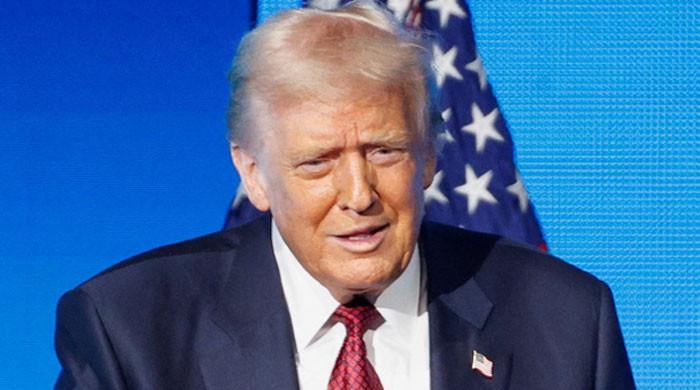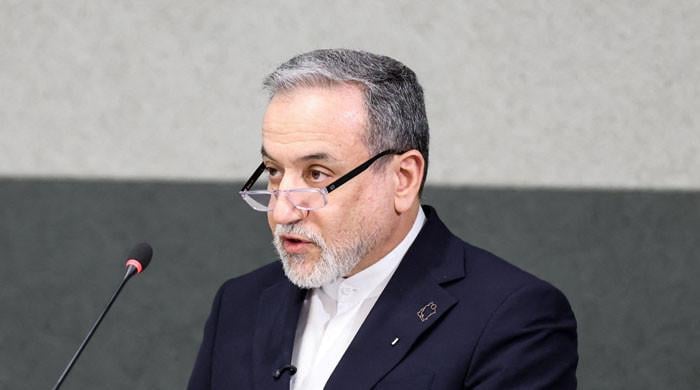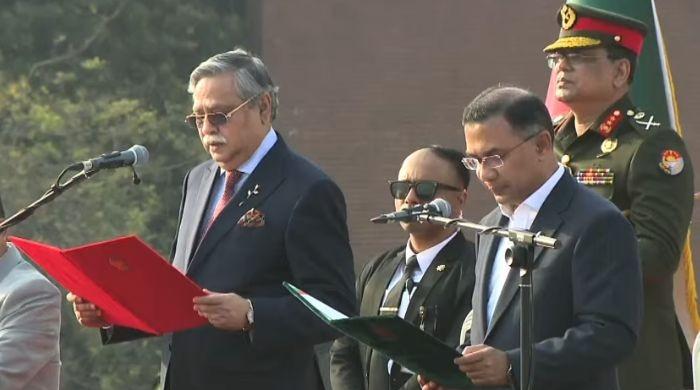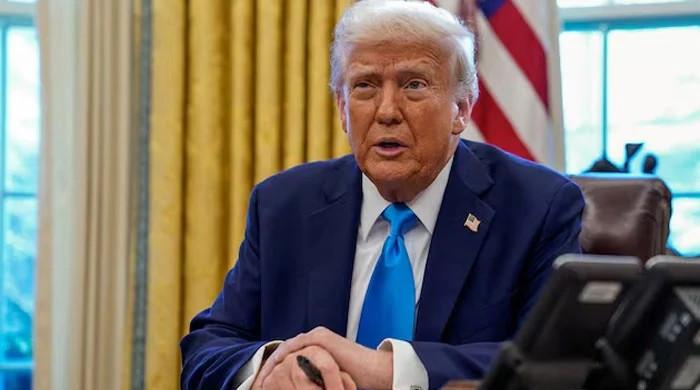Three-day FATF meeting to begin in Paris tomorrow
The outcomes of the FATF Plenary will be published on Thursday 21 October, at the close of the meeting
October 18, 2021
- The outcomes of the FATF Plenary will be published on Thursday 21 October, at the close of the meeting.
- The meeting will be held under the German presidency of Dr Marcus Pleyer.
- Delegates representing 205 members of the global network and observer organisations will take part in the meetings.
The three-day meeting of the Financial Action Task Force (FATF) will begin tomorrow in Paris to discuss strengthening global action against crime and terrorist financing.
The meeting will be held under the German presidency of Dr Marcus Pleyer, where delegates representing 205 members of the global network and observer organisations, including the International Monetary Fund (IMF), the United Nations (UN) and the Egmont Group of Financial Intelligence Units, will take part in a hybrid meeting of the FATF Plenary.
The virtually connected delegates will join those that are able to travel to Paris for three days of meetings.
Per a statement by FATF, during the meetings, delegates will discuss key issues to strengthen global action against the financial flows that fuel crime and terrorism.
"The FATF will finalise key reports, including the revised guidance on virtual assets and their service providers and discuss the next steps to strengthen its standards on transparency of beneficial ownership," the statement read.
Delegates will also discuss the outcomes of the FATF’s survey to identify areas where divergent anti-money laundering and counter-terrorist financing rules or their implementation cause friction for cross-border payments. FATF is leading work on this aspect of the G20’s priority to improve cross-border payments.
The FATF will also update its statements identifying jurisdictions with strategic deficiencies in their measures to combat money laundering and terrorist financing.
The outcomes of the FATF Plenary will be published on Thursday 21 October, at the close of the meeting.
Pakistan remains under 'increased monitoring'
It should be recalled that on June 25, the FATF had decided to keep Pakistan on its grey list of countries. However, the body had said that it recognises Pakistan's progress and efforts to address items in its country action plan that pertain to combating the financing of terrorism and has encouraged it to continue progress and address as soon as possible "the one remaining CFT-related item".
It also handed over the government six new anti-money laundering areas to work on.
Addressing a press conference after the June 21-25 plenary meeting concluded in Paris, FATF President Dr Marcus Pleyer had said that Pakistan would remain under "increased monitoring".
"The Pakistani government has made substantial progress in making its counter-terrorist financing systems stronger and more effective. It has largely addressed 26 out of 27 items on the action plan it first committed to in June 2018," he had said.
Dr Pleyer had added that the plan focused on terrorist financing issues.
He said that the one key action item still needs to be completed "which concerns the investigation and prosecution of senior leaders and commanders of UN-designated terror groups".
The FATF president highlighted that Pakistan has "made improvements" after the Asia Pacific Group highlighted issues in 2019 during its assessment of Pakistan's entire anti-money laundering and counter-terrorist financing system.
"These include clear efforts to raise awareness in the private sector to Pakistan's money laundering risks and to develop and use financial intelligence to build a case.
"However Pakistan is still failing to effectively implement the global FATF standards across a number of areas. This means the risks of money laundering remain high which in turn can fuel corruption and organised crime," he had said.
Dr Player had said that this is why the FATF has worked with the Pakistan government on new areas that still need to be improved as part of a new action plan that largely focuses on money laundering risks.
This includes increasing the number of investigations and prosecutions and making sure law enforcement agencies cooperate internationally to trace, freeze and confiscate assets, he had said.
"This is about helping authorities stop corruption and prevent organised criminals from profiting from their crimes and undermining the financial system and legitimate economy in Pakistan," Dr Pleyer had added.











